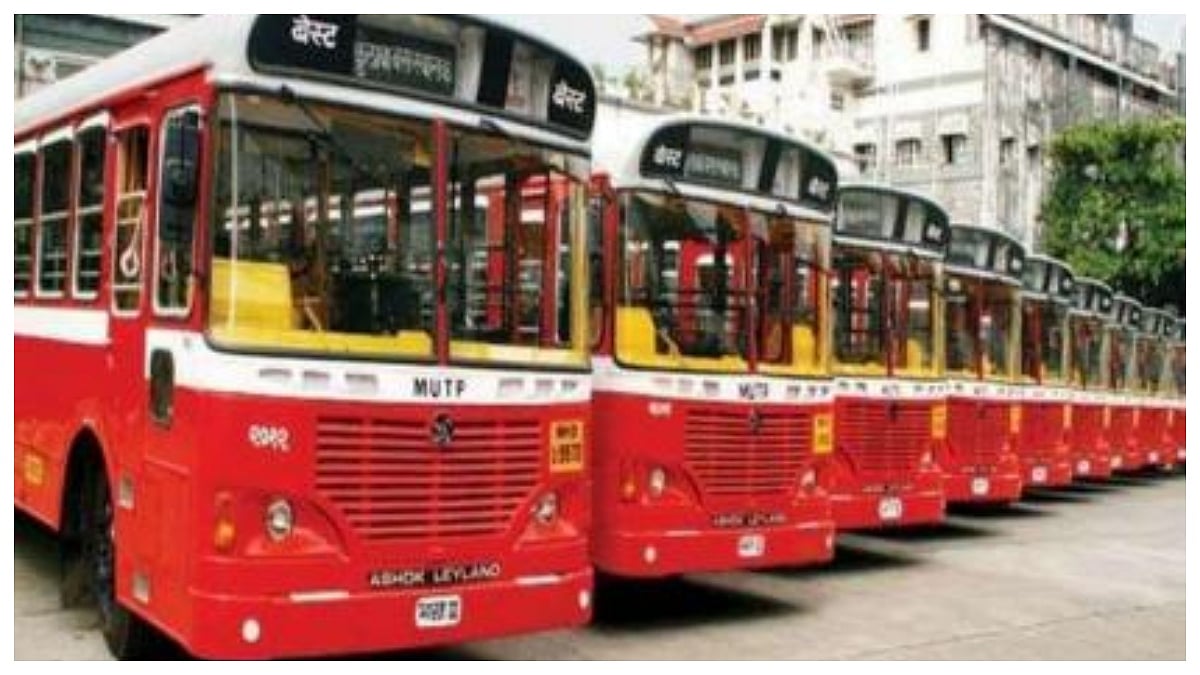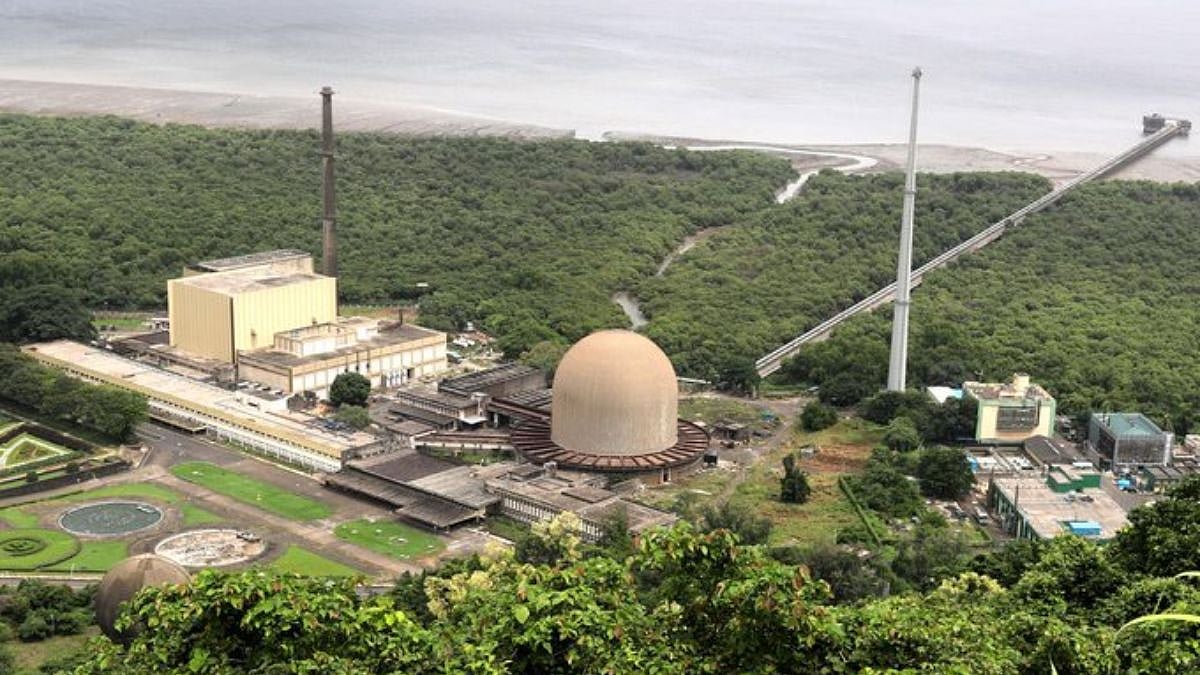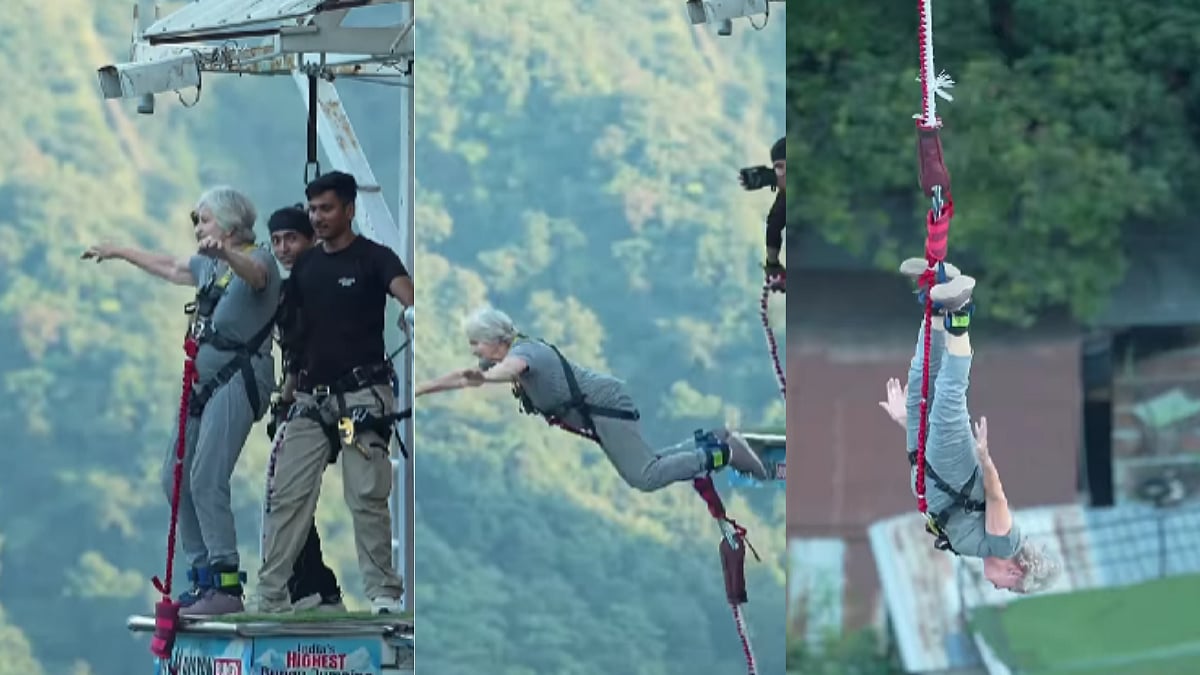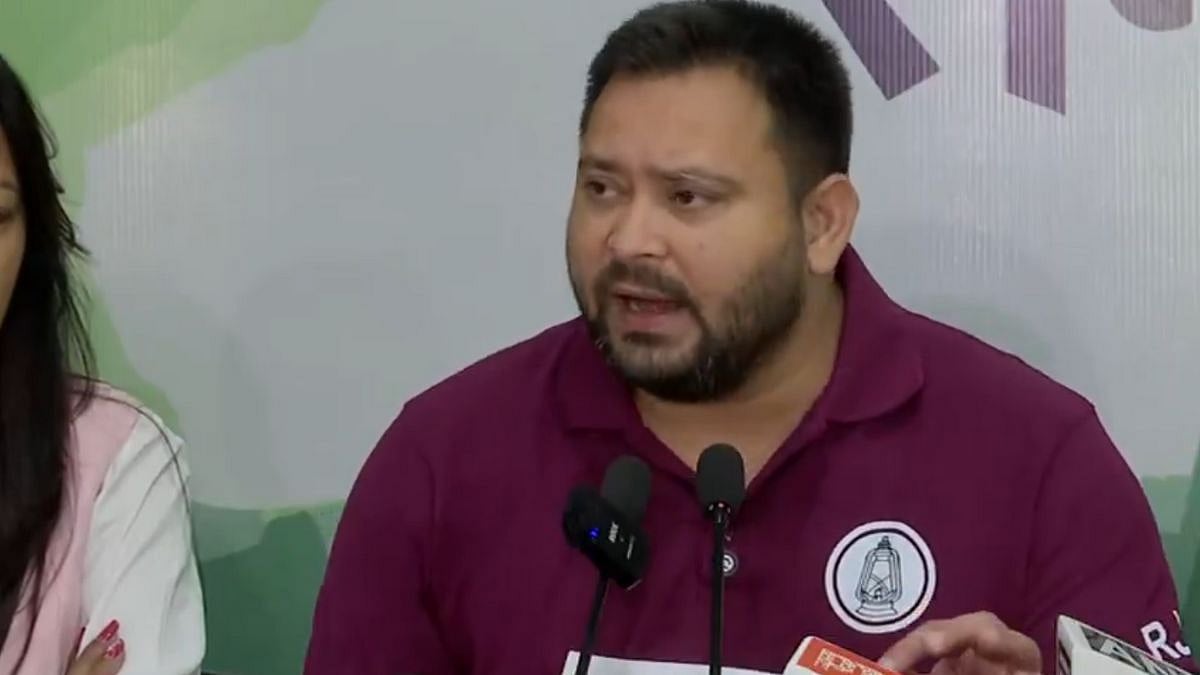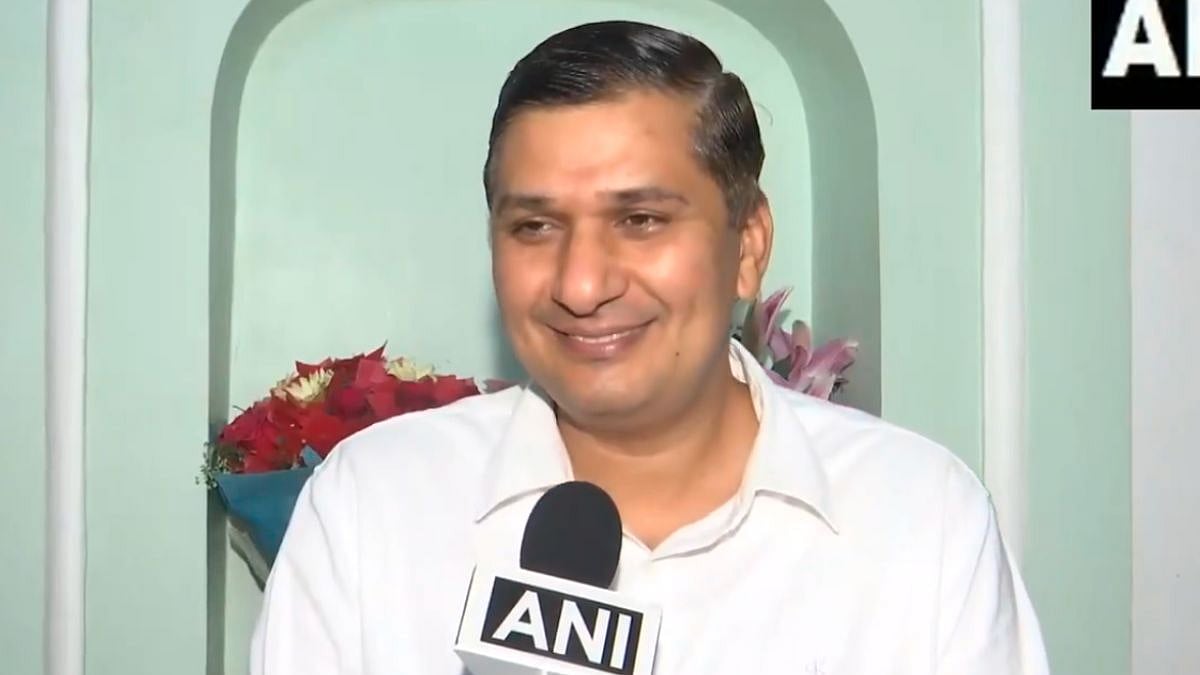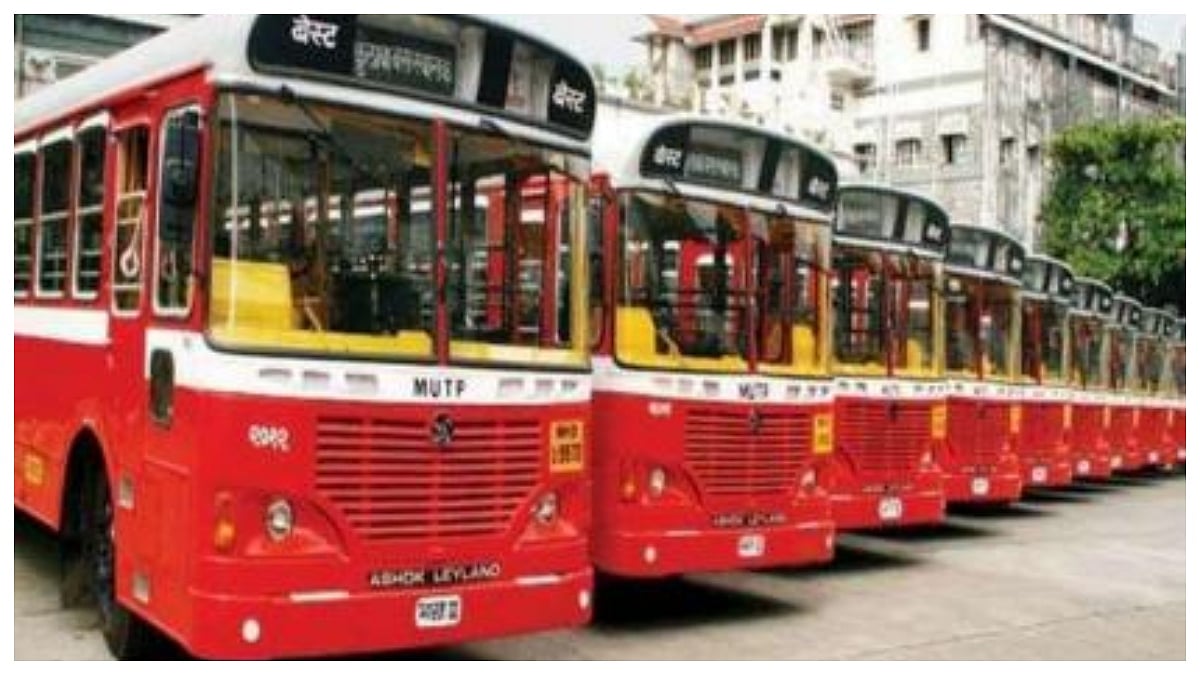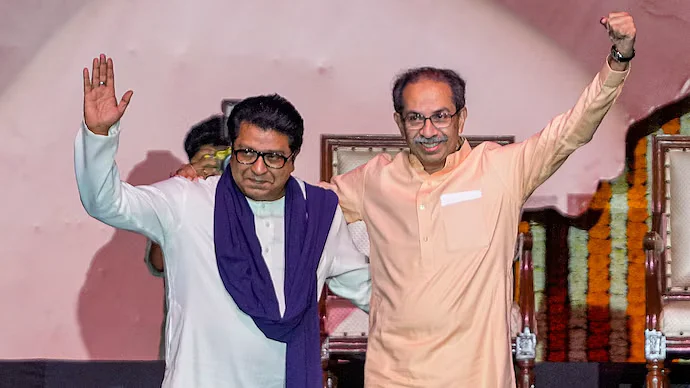Mumbai’s strength has always rested on its ability to move people, not merely vehicles. However, in recent years, the it’s public transport system, especially the BEST Undertaking, has been showing signs of structural decline. The city is witnessing an alarming reduction in its public bus fleet, diminishing route coverage, and increased dependence on private mobility aggregators such as Ola and Uber. This shift is eroding the accessibility, affordability, and inclusivity that once defined Mumbai’s mobility ecosystem.
While major global cities such as London are making largescale public investments to expand and digitise their public transport systems, Mumbai stands in contrast as perhaps the only global city where public transport capacity is shrinking. The consequences are now visible: increased travel costs for citizens, rising road congestion, and an overreliance on unregulated private transport. Hence there is an urgent need for a policy-level intervention to reimagine the BEST Undertaking as a modern, financially independent, and integrated public mobility institution. It is proposed that the Government of Maharashtra consider transforming the BEST Undertaking into “BEST Mobility – Mumbai Moves”, a unified government-owned mobility platform that integrates buses, taxis, autos, and electric two-wheelers under one digital and administrative framework. The proposed BEST Mobility Platform would operate through a governmentsupervised digital application, providing citizens with a single point of access for booking buses, e-bikes, and taxis at regulated, affordable fares. The system can integrate fare collection through UPI and a unified BEST Mobility Card, while also linking with Mumbai Metro, Monorail, and Suburban Rail services to create seamless travel connectivity across the city.
The platform would not replace private operators but would bring them under a transparent, accountable, and employment-secure regulatory structure through government licensing. Drivers and small vehicle owners could be onboarded as registered partners under BEST, ensuring fair revenue-sharing, stable incomes, and compliance with safety and service norms. From a fiscal perspective, the initiative can be designed to be self-sustaining through diversified revenue streams including digital advertising, monetization of depot rooftops for solar generation, EV charging stations, commercial leasing of idle spaces, and the introduction of “BEST Green Bonds” to attract civic and corporate investment in sustainable transport. Electrification of the fleet should be prioritized, targeting full transition to electric or CNG vehicles by 2030.
Smaller EV mini-buses may be introduced for last-mile and narrow-route operations, providing coverage in high-density zones and feeder links to metro and rail stations. In parallel, the creation of a “BEST Yuva Mobility Corps” can be considered to train and employ local youth as drivers, mechanics, and operations personnel, thus generating large-scale urban employment. Night routes operated by women staff and monitored through digital control centers can strengthen commuter safety. The Mumbai Mobility Board can be constituted under the chairmanship of the Municipal Commissioner, with representation from BEST, MMRDA, and the Railways, as well as independent mobility experts. The Board may coordinate interagency route planning, fare rationalization, and implementation of a “Unified Mobility Card” for all modes of transport. A Mobility Commissioner for Mumbai could also be appointed to ensure integrated planning. The proposed reforms will deliver multiple long-term benefits: they will make public transport affordable and accessible to all socioeconomic groups; restore BEST’s financial stability through technology-driven efficiency; generate sustainable employment; and significantly reduce emissions and congestion. Most importantly, this transformation will re-establish public transport as a public good, efficient, transparent, and equitable. Mumbai has both the scale and the capacity to become the first global city with a unified, governmentled smart mobility platform. It is therefore requested that the Chief Minister consider the formation of a joint working group to evaluate the feasibility of this proposal.
(The author is a practising advocate and human rights activist)
To get details on exclusive and budget-friendly property deals in Mumbai & surrounding regions, do visit: https://budgetproperties.in/
